Back to Courses
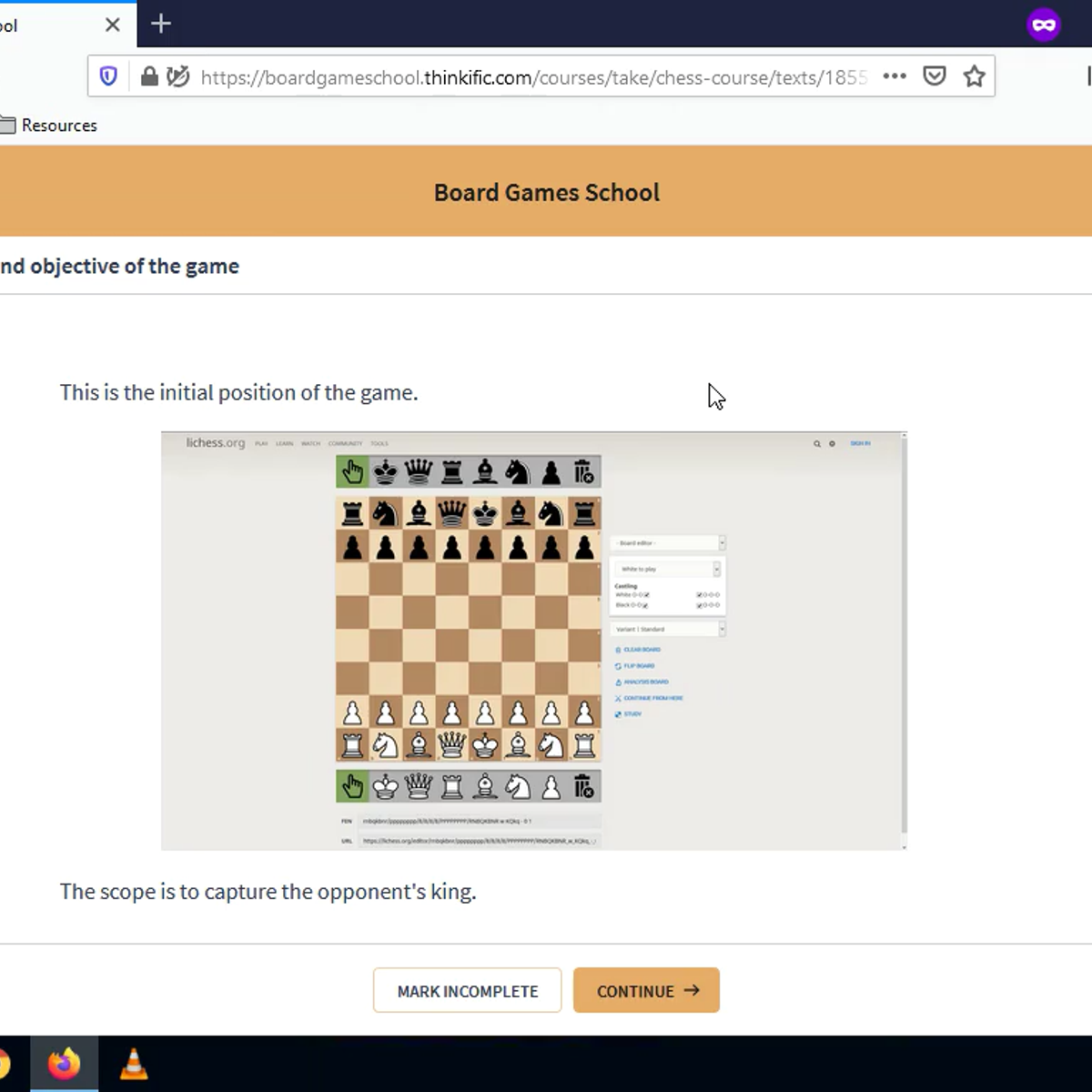
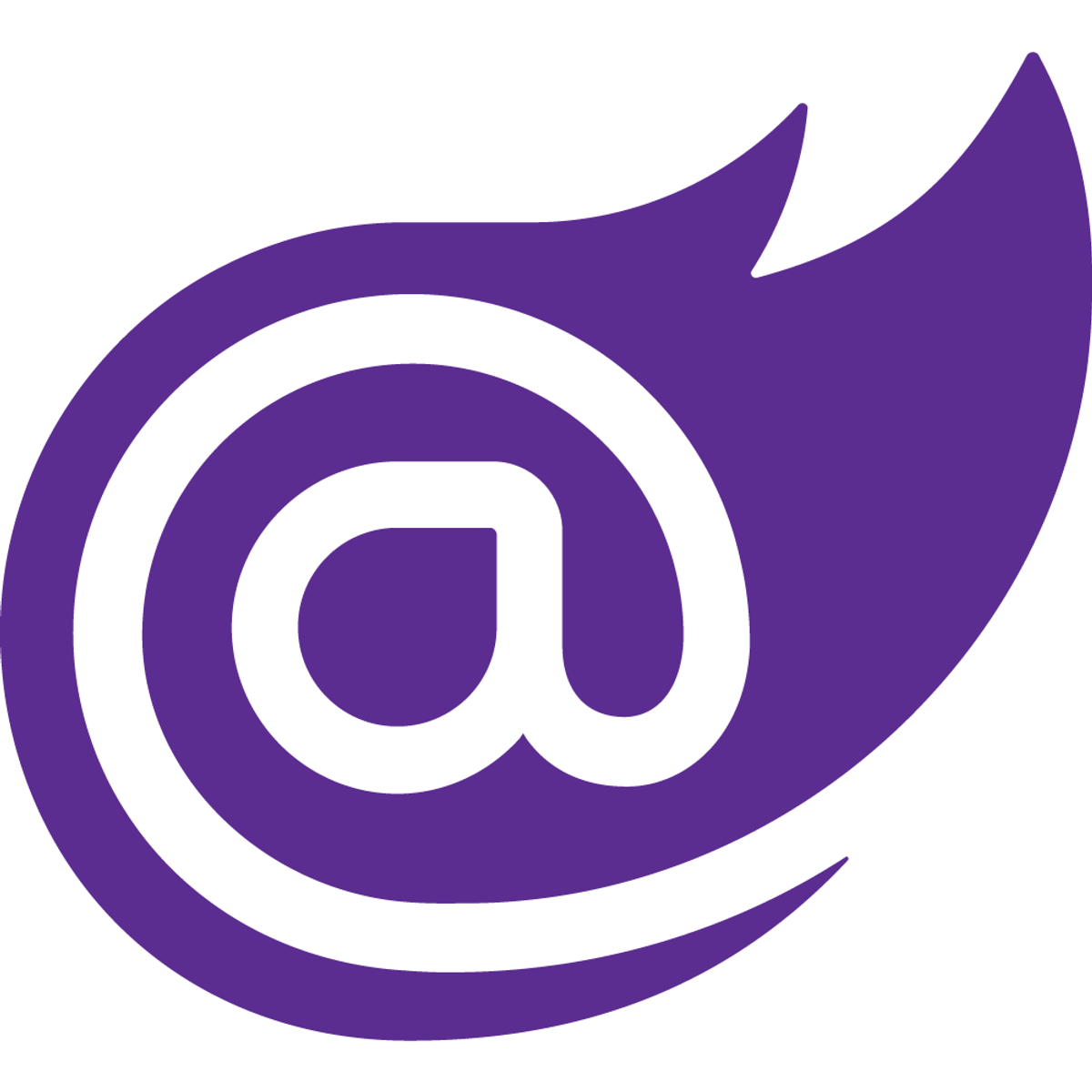

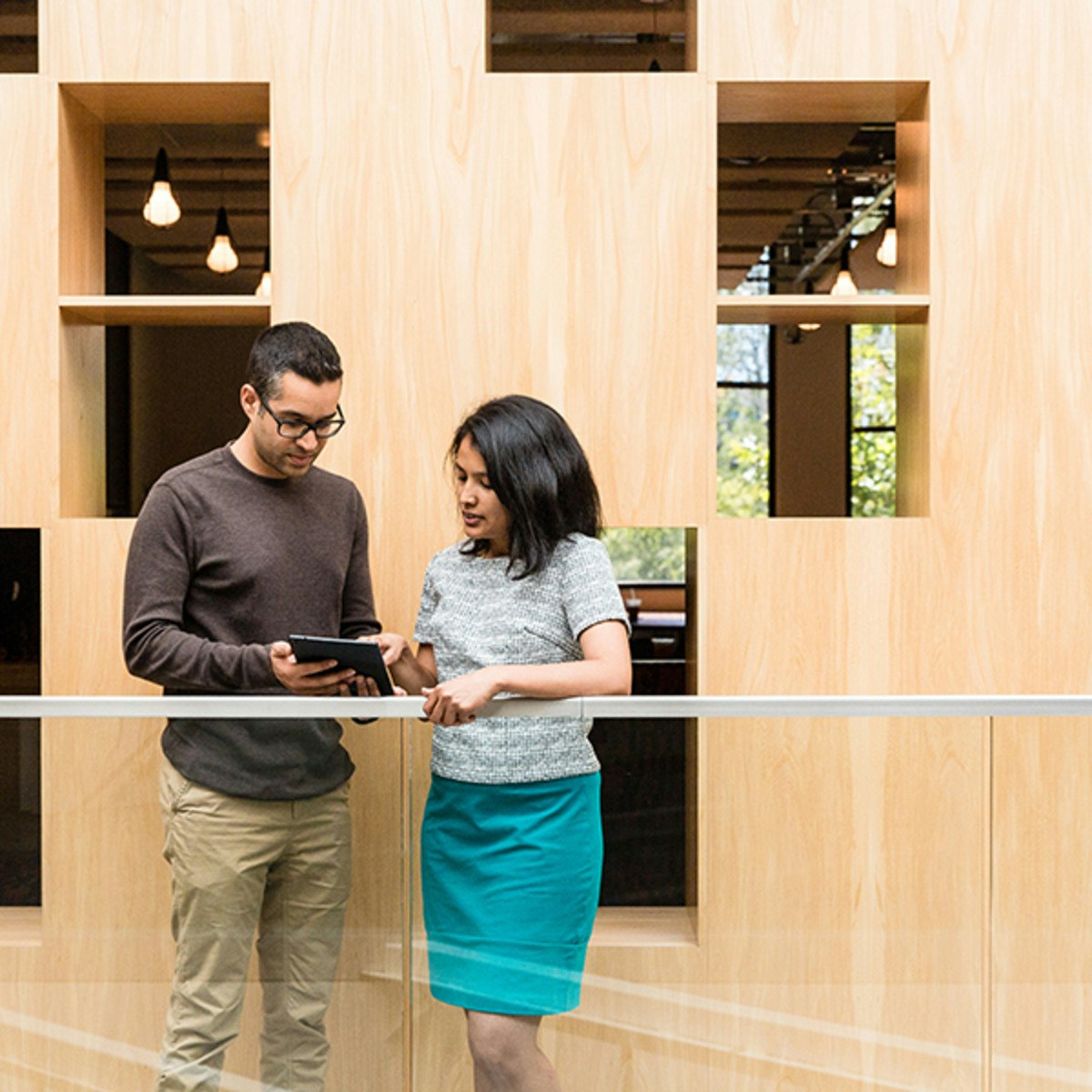
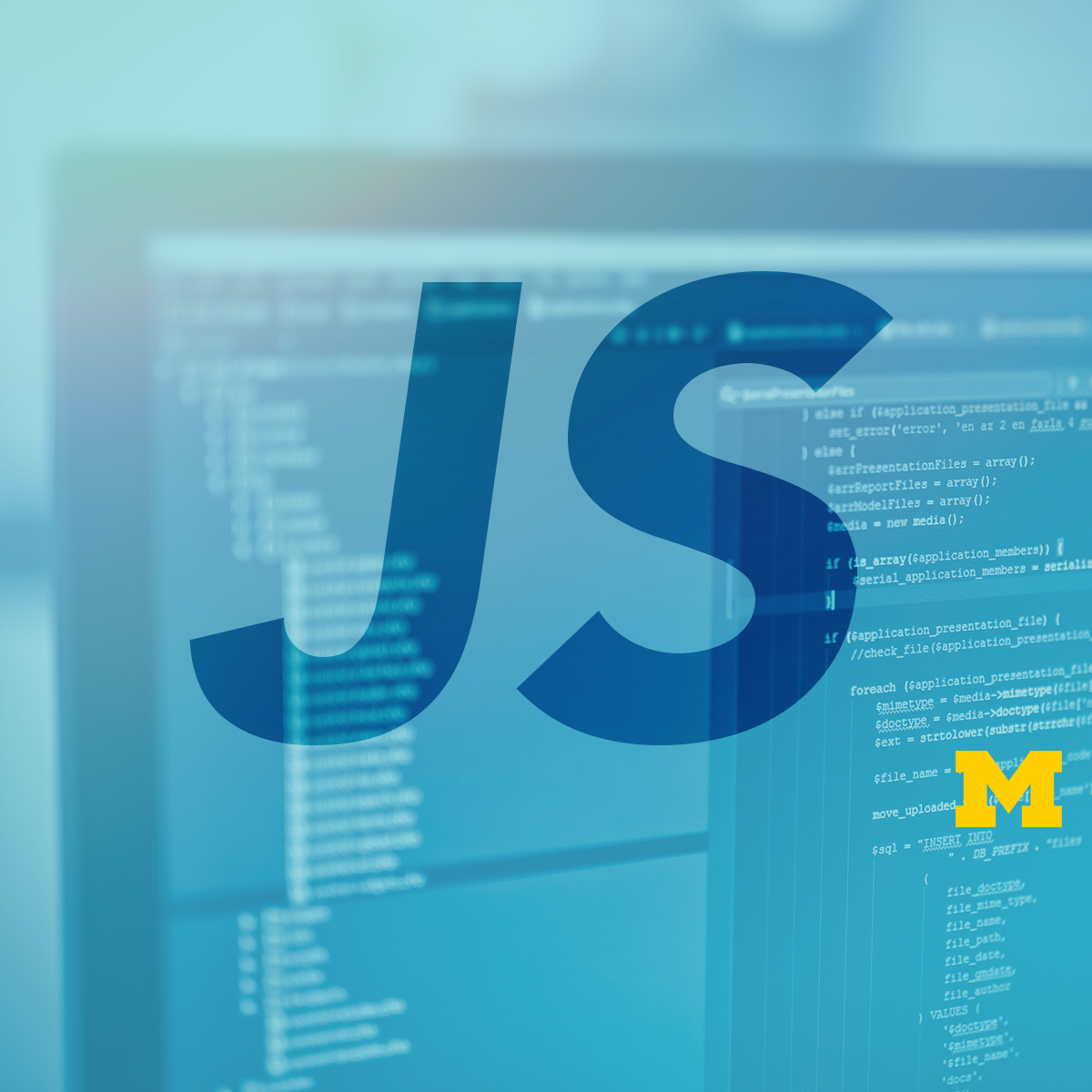
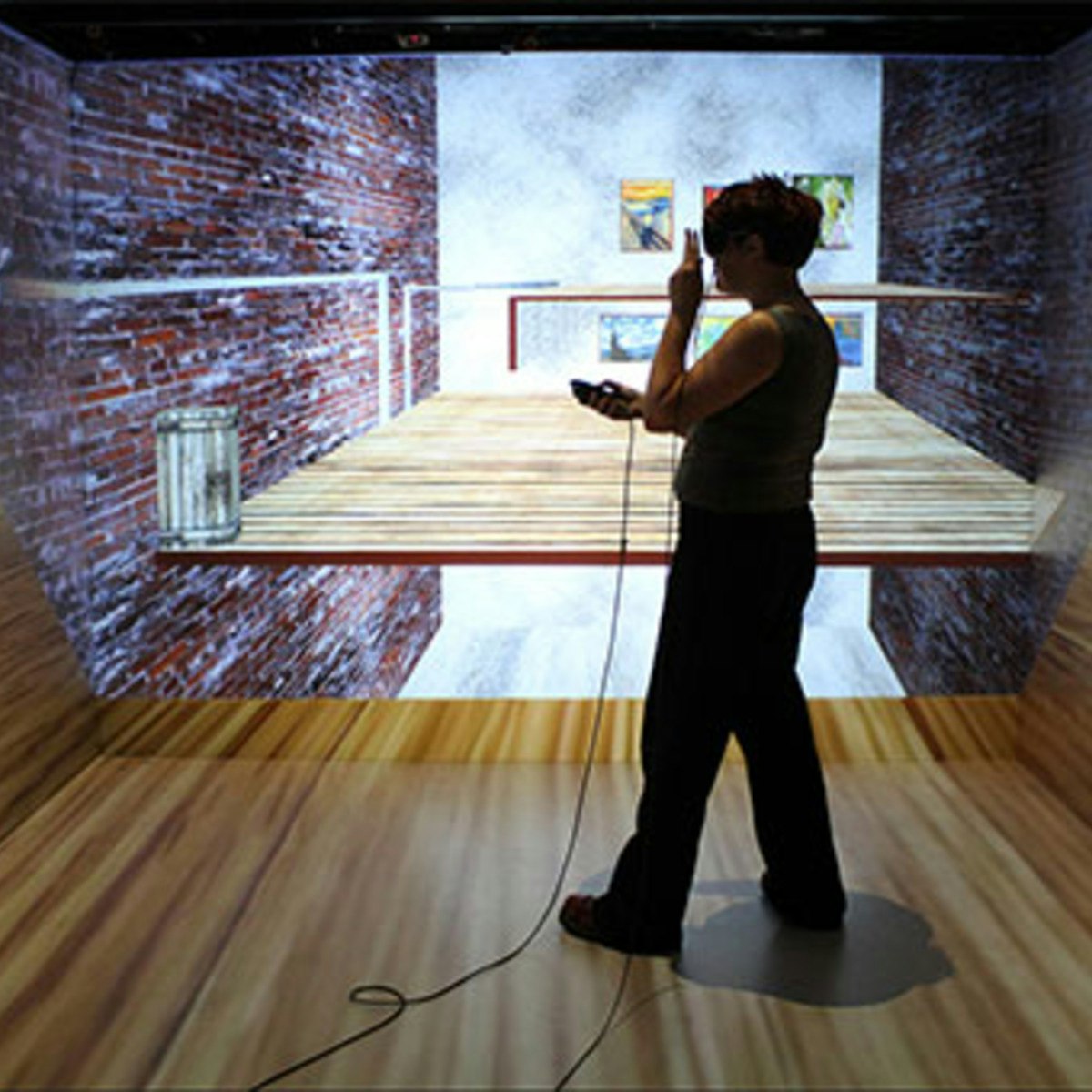

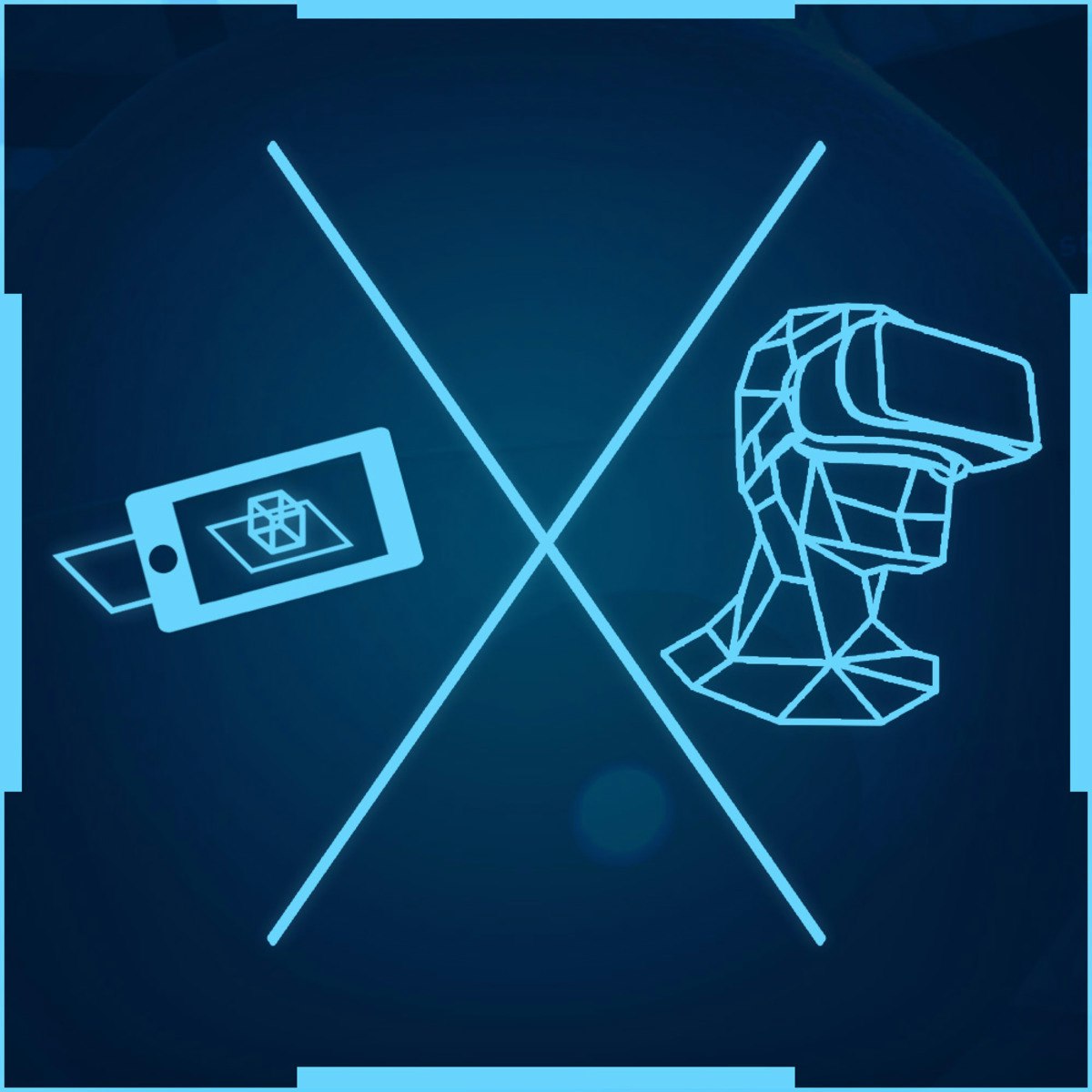
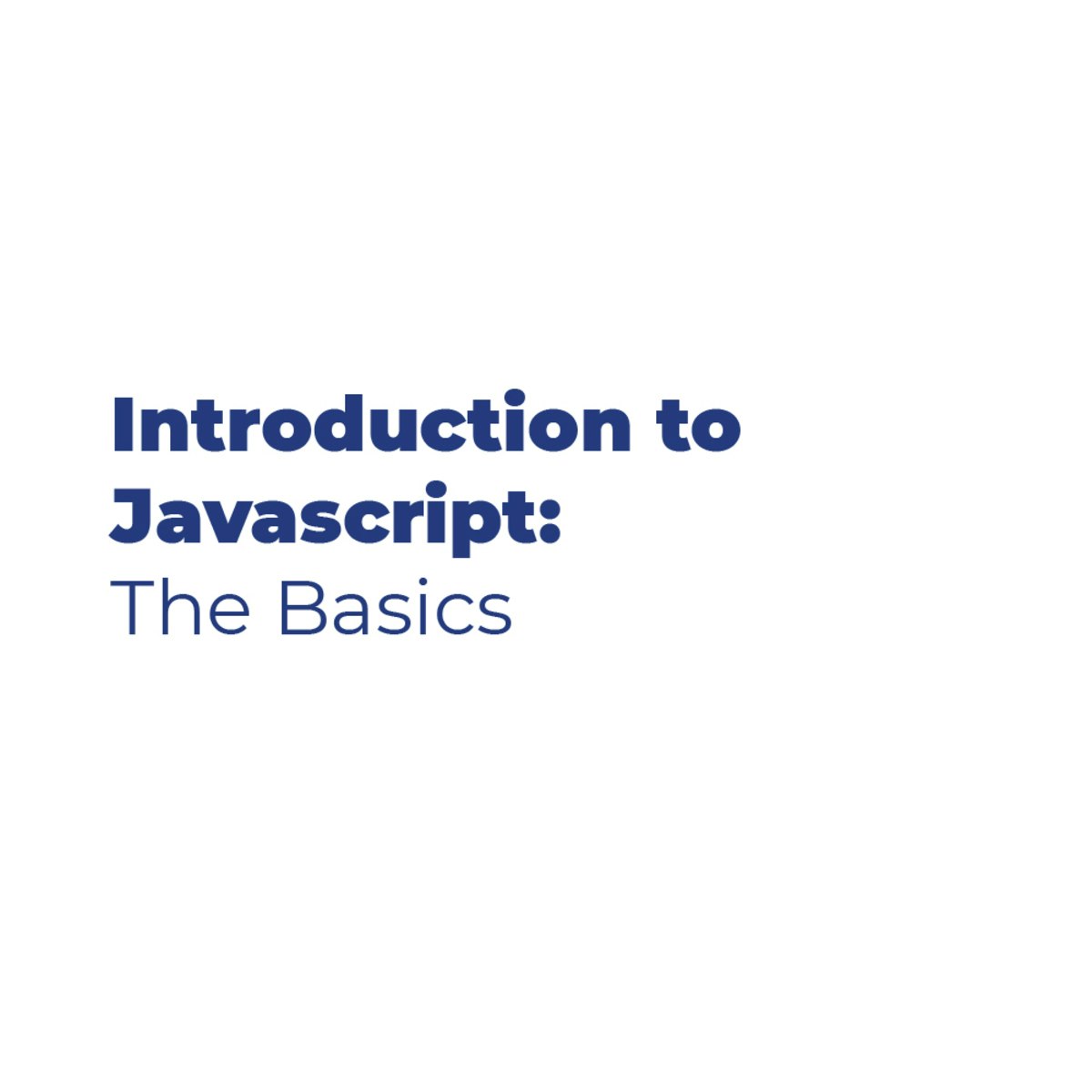
Mobile And Web Development Courses - Page 7
Showing results 61-70 of 456

Build an Interactive Survey Bot for Google Chat with Node.js
This is a self-paced lab that takes place in the Google Cloud console. In this lab you will create a survey bot on Google Chat using Node.js.

Create a chess online course with Thinkific
In this 1-hour long project-based course, you will learn how to create an independent online course with Thinkific using a chess course as an example, creating video, text and images based lessons, producing your own material, creating quizzes and surveys, designing your site and setting prices and payments.
Note: This course works best for learners who are based in the North America region. We’re currently working on providing the same experience in other regions.

Getting Started with Blazor WASM
In this short project-based course, you will learn how to create and run a Blazor Server application. You'll learn how to create components and bind their events and properties. You'll also learn navigation and dependency injection, as well as creating forms in Blazor.
Note: This course works best for learners who are based in the North America region. We’re currently working on providing the same experience in other regions.

JavaScript Numbers: Properties and Methods
In this beginning-level project you will work with the number data type, and with properties and methods that apply to numbers. You will use Notepad++ to write JavaScript code and the Chrome browser to view your results. For a JavaScript programmer, understanding how to deal with variables that contain numbers is a prerequisite for any kind of number processing – even something as simple as accepting a number from a prompt() method and using it in a calculation.
Note: This course works best for learners who are based in the North America region. We’re currently working on providing the same experience in other regions.

App Deployment, Debugging, and Performance
In this course, application developers learn how to design and develop cloud-native applications that seamlessly integrate components from the Google Cloud ecosystem. Through a combination of presentations, demos, and hands-on labs, participants learn how to create repeatable deployments by treating infrastructure as code, choose the appropriate application execution environment for an application, and monitor application performance.
Learners can choose to complete labs in their favorite language: Node.js, Java, or Python.

JavaScript, jQuery, and JSON
In this course, we'll look at the JavaScript language, and how it supports the Object-Oriented pattern, with a focus on the unique aspect of how JavaScript approaches OO. We'll explore a brief introduction to the jQuery library, which is widely used to do in-browser manipulation of the Document Object Model (DOM) and event handling. You'll also learn more about JavaScript Object Notation (JSON), which is commonly used as a syntax to exchange data between code running on the server (i.e. in PHP) and code running in the browser (JavaScript/jQuery).
It is assumed that learners have already taken the Building Web Applications and Building Database Applications in PHP courses in this specialization.

Introduction to Virtual Reality
This course will introduce you to Virtual Reality (VR). The course will teach you everything from the basics of VR- the hardware and the history of VR- to different applications of VR, the psychology of Virtual Reality, and the challenges of the medium.
The course is designed for people who are new to VR as a medium. You may have experienced some virtual reality before, and may have some hardware- but this course is suitable to individuals who have never experienced VR and those who do not have much hardware- we will explain Mobile VR as well as devices such as the Oculus Rift and HTC Vive.
Introduction to Virtual Reality is the first course in the Virtual Reality Specialisation. A learner with no previous experience in Virtual Reality and/or game programming will be able to evaluate existing VR applications, and design, test, and implement their own VR experiences/games using Unity by the end of the specialisation.

How to Set up Facebook Pixel
Facebook Pixel allows you to connect your website or landing page to your Facebook account. You can take specific pages or actions that people take on your page to create new ads for those people. You can also optimize your ads for conversions based on the settings you provide. In this project you will set up your Facebook Pixel account and learn about the benefits.
Introduction to XR: VR, AR, and MR Foundations
What is XR? It’s shorthand for a related set of new technologies that are changing the way we interact with the world and with each other: Virtual Reality, Augmented Reality, and Mixed Reality.
To understand XR, you need to understand the technologies that enable it. If you understand the available technologies, how they are used, and what their future holds, you’ll be well equipped to deal with XR as it rapidly evolves and converges.
In this course, we will present an introduction to XR using a broadly chronological approach, focusing on how all of the underlying technologies came together at key moments in the history of XR to launch the concepts of Virtual Reality and Augmented Reality into the mainstream consciousness. Throughout the course, we’ll give a brief description of each of the supporting technologies, some history about when it first came into use, limitations and future potential for improvement, and how it’s used for AR, VR, and MR.
As you learn about the technology, you’ll also develop hands on experience in the field along two tracks. First, you will use Unity to build and run two simple XR applications on your own smartphone: a “VR Museum” app and a handheld Augmented Reality app. Second, you will brainstorm, define, visualize, and iterate your own original concept for an XR application, ending the course with a thorough and peer-reviewed XR Product Brief that you could use as the basis for future development.
This is the first of three planned courses in Unity's XR Specialization, which include the Mobile VR App Development with Unity course as well as a future course focused on developing Augmented Reality (AR) applications with Unity.

Introduction to Javascript: The Basics
In this 2h 10m long project-based course, you will learn how to create dynamic web pages using Javascript. Javascript is one of the most popular scripting languages used in front-end, back-end web applications and hybrid mobile applications. It can be used to add interactivity to static HTML pages. It also could be used at the back end of modern web applications. Moreover, it is the core of many modern frameworks used to build hybrid mobile web applications. Learning Javascript opens up a huge variety of promising career options.
Note: This course works best for learners who are based in the North America region. We’re currently working on providing the same experience in other regions.
Popular Internships and Jobs by Categories
Find Jobs & Internships
Browse
© 2024 BoostGrad | All rights reserved